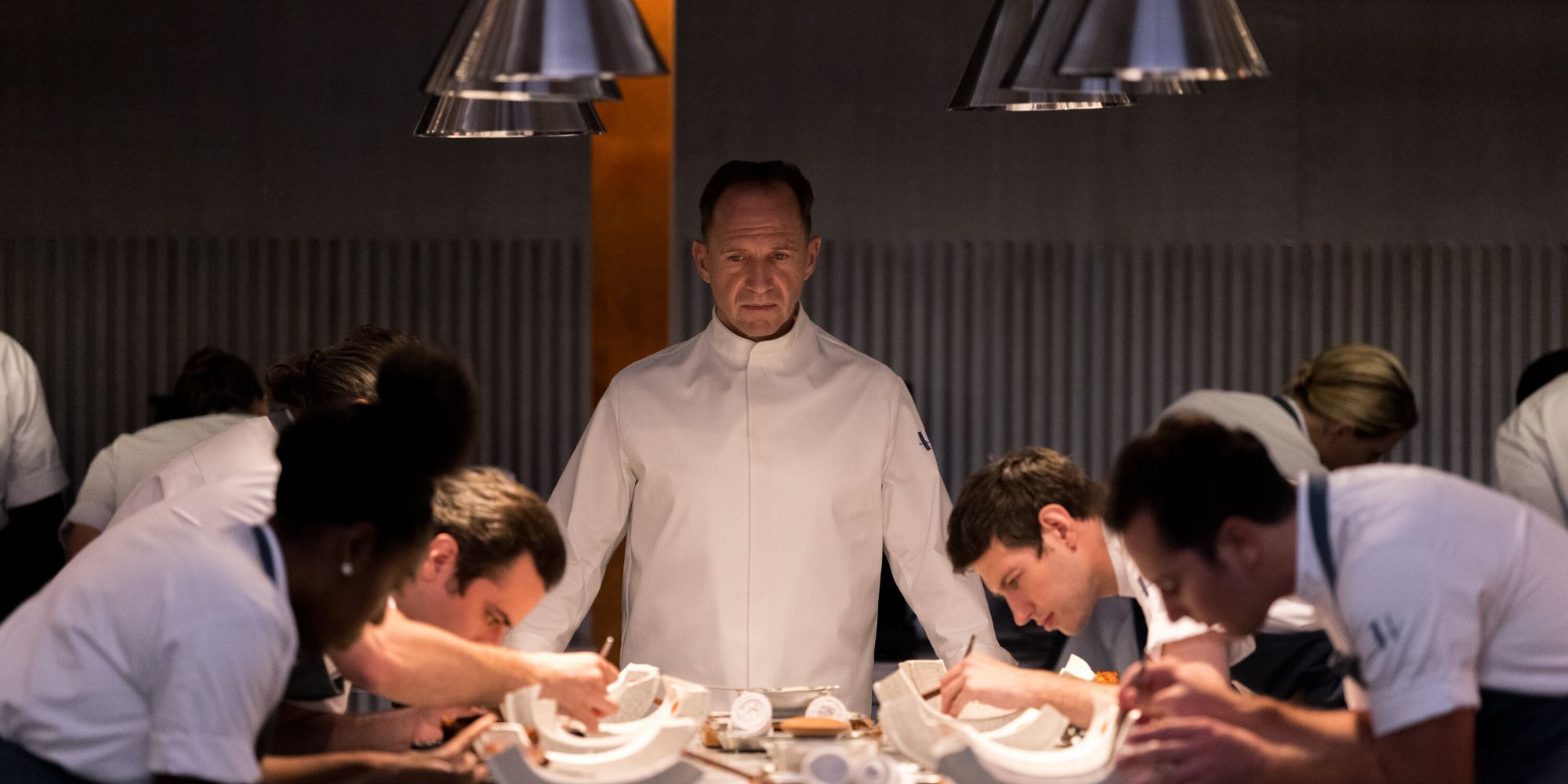Read update
- With 2022 films like Triangle of Sadness and The Menu going to great lengths to provide social commentary while also calling out their viewers, it's obvious that things will only get more meta, bolder and wittier from here. It's the perfect time to recognize more of these brilliant works that don't shy away from taking a jab at their own audiences.
It's one thing for a movie to call out, criticize, or make fun of a certain group of people. It's something that can be risky enough, even if it's a satirical film that's exposing individuals or groups who deserve the criticism, and who may never even realize they've been criticized. But it's another thing entirely for a film to look directly at the people watching it and call them out for doing so, attacking them despite their time and money being spent on the movie being watched.
This usually comes in two flavors. A serious film may critique a certain portion of its viewers, or specifically criticize an action that all humans are capable of. Comedies, on the other hand, tend to criticize viewers about more trivial things, often with a brief comment that cheekily breaks the fourth wall. The following films all fall into one of these categories, with each one passing some kind of judgment on those who choose to watch them.
Updated on January 16th, 2023, by Hannah Saab:
With 2022 films like Triangle of Sadness and The Menu going to great lengths to provide social commentary while also calling out their viewers, it's obvious that things will only get more meta, bolder and wittier from here. It's the perfect time to recognize more of these brilliant works that don't shy away from taking a jab at their own audiences.
1 'Blonde' (2022)
Blonde caused a stir when it was released on Netflix, instantly becoming one of the most divisive and talked-about movies of 2022. It tosses aside the idea of being a conventional biopic about Marilyn Monroe and instead uses her tragically short life story as a way to criticize misogyny and abuse within the film industry.
It's possible to see Blonde criticizing viewers of the time, too, for being part of that system and wanting to feed their insatiable desire to see Monroe on-screen. The scene where Monroe films the famous subway shot from The Seven-Year Itch shows the crowds of men who watch her, while there's more than one scene that shows an audience watching Monroe's films on-screen (and later, she imagines them watching a traumatic encounter with John F. Kennedy on a cinema screen, too). Whether this criticism extends to certain viewers of Blonde who were curious to see a warts and all story about Monroe is similarly up for debate.
2 'Funny Games' (1997 & 2007)
Michael Haneke directed both versions of Funny Games (the first an Austrian film in German, and the near-identical remake in America and in English), with both qualifying as films that explicitly call out those who watch them, given each film is a dark, cynical take on a home-invasion thriller.
The premise of two evil young men breaking into a house and terrorizing the family inside sounds like something that could be an entertaining horror/thriller film, but Haneke intentionally makes Funny Games as miserable as possible. To make it even clearer, one of the villains is aware he's in a movie, looking at the camera and making comments to the audience about how he's following a "typical plot structure" for a thriller. Haneke aims to make you feel bad about watching characters suffering on-screen, and is undoubtedly successful in that regard.
3 'The Cabin in the Woods' (2011)
The Cabin in the Woods ends up being about far more than just a cabin in the woods. That's made pretty clear within the film's opening minutes, as we're shown that there's a very specific reason a group of young people has been manipulated into staying at an isolated cabin in the woods, where the genre of horror movies tells us that an attack is inevitable.
To say much more about the comedic slasher would be giving too much away, but the way The Cabin in the Woods ends up commenting on the formulaic, bloodthirsty nature of horror movies is uniquely clever and darkly funny. Of course, you have to be prepared to laugh at yourself a little, as a horror fan, because the film isn't afraid to call out viewers of horror films alongside the genre's filmmakers.
4 'Jay and Silent Bob Strike Back' (2001)
Jay and Silent Bob Strike Back was the first movie dedicated to the two side characters created by Kevin Smith (who himself plays Silent Bob) for the original Clerks in 1994. They appeared in three more films between then and 2001, and were generally fun to watch in small doses, or as supporting characters.
Smith perhaps relies on self-deprecation a little too often in his more recent films, but in 2001, poking fun at the idea of a Jay and Silent Bob spin-off was still kind of funny. As such, we get an on the nose where Ben Affleck's character states: "A Jay and Silent Bob movie? Who'd pay to see that?", which is of course followed by him, Jay and Silent Bob smirking right at the audience before the film continues.
5 'Sucker Punch' (2011)
There's no clear consensus on whether Sucker Punch succeeds as a cleverly subversive film that critiques the idea of sexualizing women in broadly appealing action movies, or whether it falls into the trap of doing just that. It does remain one of Zack Snyder's most divisive films, perhaps for that very reason.
Still, an interview with Snyder demonstrates that this critiquing of audience members was intentional, as he said, "The girls are in a brothel performing for men in the dark... the men in the dark are us." Whether the critique was communicated well to the audience may be another thing (or perhaps how receptive an audience would be to the critique, too), but at least the intention was there.
6 'Friday the 13th Part VI: Jason Lives' (1986)
The sixth of 12 Friday the 13th movies (if you count his 2003 face-off with Freddy Kruger and the 2009 remake), Friday the 13th Part VI: Jason Lives shows the series at its goofiest. By this point, Jason Voorhees had been killed and brought back so many times it couldn't help but be seen as a little silly.
The film leans into this, with a joke at the expense of the people who keep returning to the Friday the 13th series again and again, for multiple sequels. While filling a grave, a character glances toward the camera and says, "Some people have a strange idea of entertainment." In fairness, he might not be wrong.
7 'I, Tonya' (2017)
I, Tonya is a comedic biopic that explores the story of Tonya Harding, a young figure skater whose career was plagued by scandal and controversy. It explores the story from multiple points of view, raising doubt about the truth, and features instances of Harding breaking the fourth wall, initially in a playful way.
As the story goes on and becomes more serious, so do her fourth wall breaks. She suggests the audience is only there to hear about her most notorious "incident," and that spectators and viewers alike vilified her because of how the media portrayed her. Such moments may make viewers feel guilty about watching the film for the wrong reasons.
8 'The Simpsons Movie' (2007)
After nearly 20 years on TV, The Simpsons finally came to the big screen in 2007 with The Simpsons Movie. It naturally took the opportunity to make a joke about this, with a scene featuring Homer in a movie theater, calling everyone there "giant suckers" for paying to see an Itchy & Scratchy movie when they can watch it for free on TV.
As he does this, he points towards the camera, in turn calling out viewers for doing the same with The Simpsons. Of course, given the diminishing returns of post-season 8 The Simpsons, and the fact that The Simpsons Movie was a step-up in quality, maybe viewers weren't so foolish to ignore TV Simpsons and instead see the movie upgrade.
9 'Scarface' (1983)
It's perhaps a stretch to call the iconic scene in Scarface where Tony Montana has an outburst in public an attack on the audience itself... but the reading is there.
Montana rants at a restaurant as he's being told to leave, telling the silent patrons that "normal" people need scapegoats to look at and single out as "the bad guy." If it's directed at the audience, too, perhaps it's a comment on how we like clear-cut villains in fiction and real life, with Scarface challenging that simplicity by making a villain with few redeeming qualities the film's protagonist.
10 'The Wolf of Wall Street' (2013)
The Wolf of Wall Street is a decently fun crime-comedy for a good portion of its runtime. Things get more serious in its final hour, but ultimately, Jordan Belfort's punishment for his white-collar criminality is pretty mild, considering the damage he did.
He ends the film as a motivational speaker, addressing a crowd of people looking up at him, wanting to know how they too can be rich. The final shot of the film isn't on Belfort; it's on his audience. Read one way, that audience could represent the viewers of The Wolf of Wall Street. Then the credits roll, and audiences are left to sit with that troubling thought.
11 'Enchanted' (2007)
Enchanted is a meta-fairy tale about Giselle, a typical Disney-like princess who is whisked from her animated world of Andalasia to real-life New York City. She is betrothed to Prince Edward in her world, but when she gets to New York, she meets and falls in love with Robert, a divorce lawyer with a young daughter. Giselle must face the harsh realities of the real world while attempting to return to her own realm and her prince.
The film is a smart and self-referential critique of the Disney fairy tale formula, and it criticizes the viewers for their love for such tales. With a fair dose of sarcasm and irony, the film offers a witty and hilarious spin on the standard Disney formula. It's also full of smart nods and references to classic Disney fairy tales, most notably in the hilarious ways Giselle stops to sing with random passersby.
12 'Birdman' (2014)
Birdman is a meta-movie about Riggan Thomson, a washed-up Hollywood actor best known for playing the superhero "Birdman" in a popular film franchise. Riggan is determined to resurrect his career by creating, directing, and acting in a Broadway play, but things soon spin out of control as he contends with his own ego as well as the idiosyncrasies of his cast and crew.
The film is shot in a single take, creating the appearance that the whole film was shot in one continuous shot, adding to the turmoil and confusion of the storyline. However, the film's real genius lies in its criticism of the film business, celebrity culture and the search for creative credibility – Riggan's role is a clear reference to Michael Keaton's stint as Batman. It's a humorous look at the industry, mocking the tropes and pretensions of show business, while also exploring what audiences really want, with Riggan pointing out more than once that viewers only want to watch dumb movies (in turn, calling out viewers for watching this supposed masterpiece).
13 'Fight Club' (1999)
A film that hardly requires an introduction, Fight Club follows Edward Norton's unnamed narrator as he battles insomnia and dissatisfaction with his existence. He seeks refuge in patient support groups, where he meets the mysterious Tyler Durden, portrayed by Brad Pitt. They get together to build a secret club where guys can release pent-up aggression and regain their sense of life. The narrator first believes Tyler to be genuine, but as the club expands and takes increasingly radical positions, he starts to doubt Tyler's legitimacy.
The movie serves as a critique of toxic masculinity, materialistic values and the need to find one's own unique identity. However, the element that really elevates it to the level of the meta is the manner in which it subtly manipulates the viewers' sense of reality. As a reminder that even watching a movie is a type of consumption, the DVD release begins with an FBI anti-piracy notice that calls out audiences for pausing to read it. An epic tale that no moviegoer should miss, this movie will have viewers wondering about the boundaries of truth and fiction.
14 'Scary Movie' (2000)
A classic in the horror comedy genre, Scary Movie calls to mind films like Scream and I Know What You Did Last Summer. The film parodies the horror genre while following a group of high school students who are being pursued by a murderer.
The film's self-awareness and meta-humor are two of the most prominent ways that it pokes fun at its target audience. Both the characters and the film itself break the fourth wall many times to point out the absurdity of the circumstances they're in. In one scene, for instance, the characters have a debate about how to handle a jump scare, therefore reminding viewers that they are in a film. Scary Movie is both a spoof of the horror film genre and a critique of the audience's penchant for the genre and its tropes.
15 'The Menu' (2022)
Set on a private island with a world-class fine dining restaurant, The Menu revolves around the experiences of a couple and the group of guests they're with who manage to get reservations for dinner prepared by celebrity chef Julian Slowik. The exclusive restaurant turns into a horrific place once the diners realize what the fed-up chef has in store for them.
With its intricate cinematography clearly meant to parody food documentaries like Chef's Table and biting satire about celebrity worship and even Instagram, The Menu pokes fun at viewers who elevate dishes to levels even they can't afford. It's a fantastic addition to the growing list of meta-eat-the-rich movies that should be its own genre at this point.

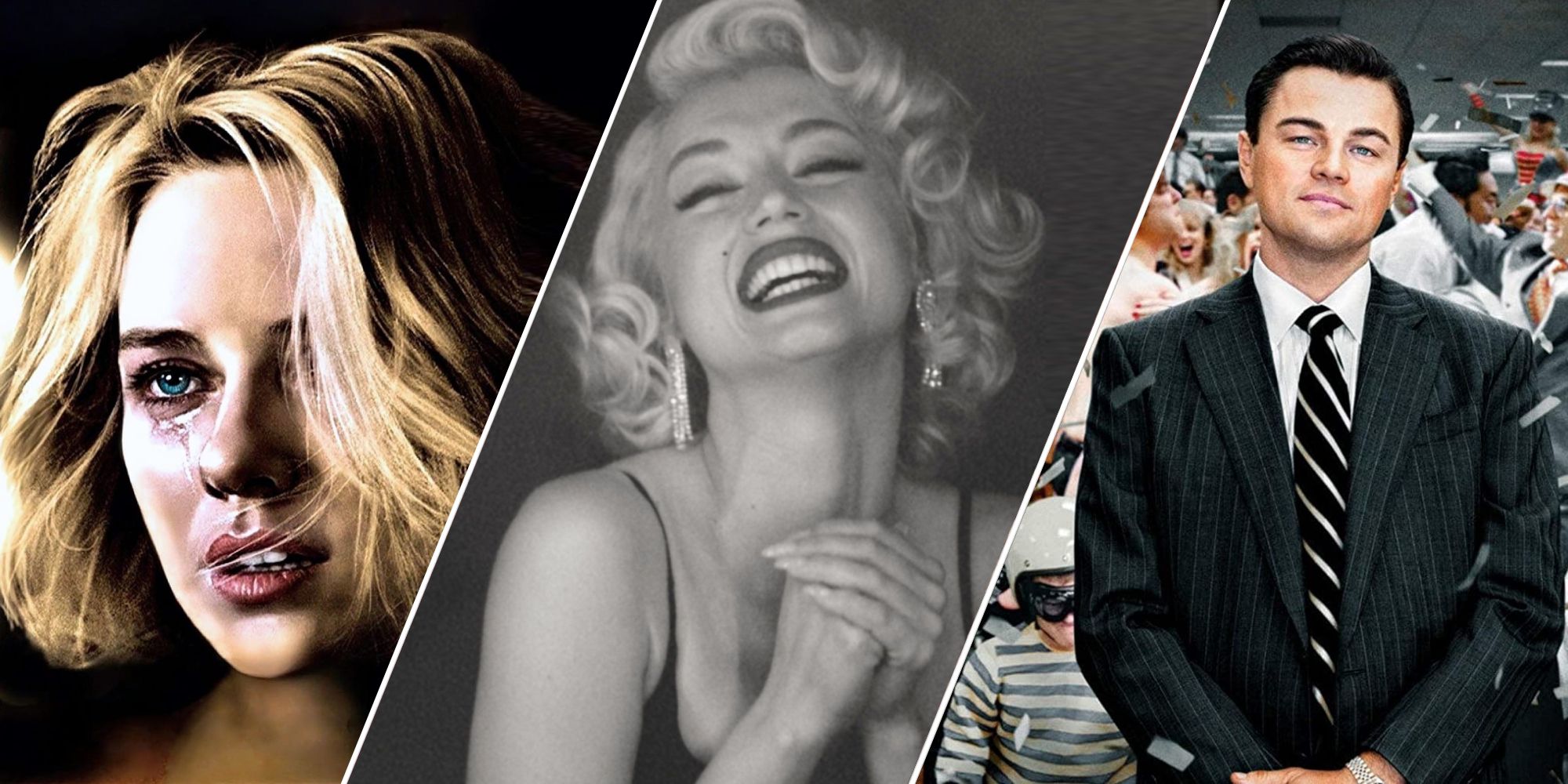
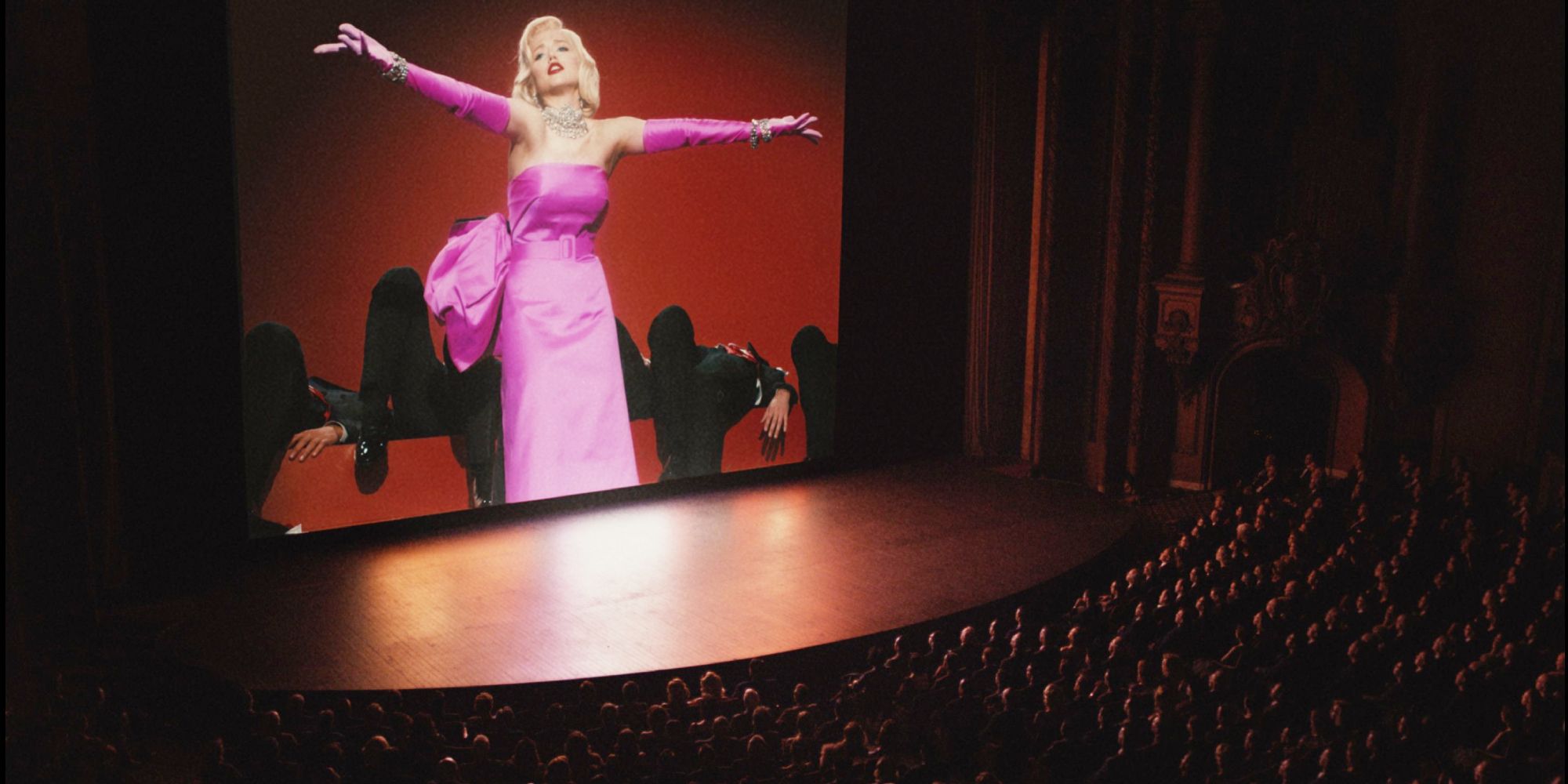
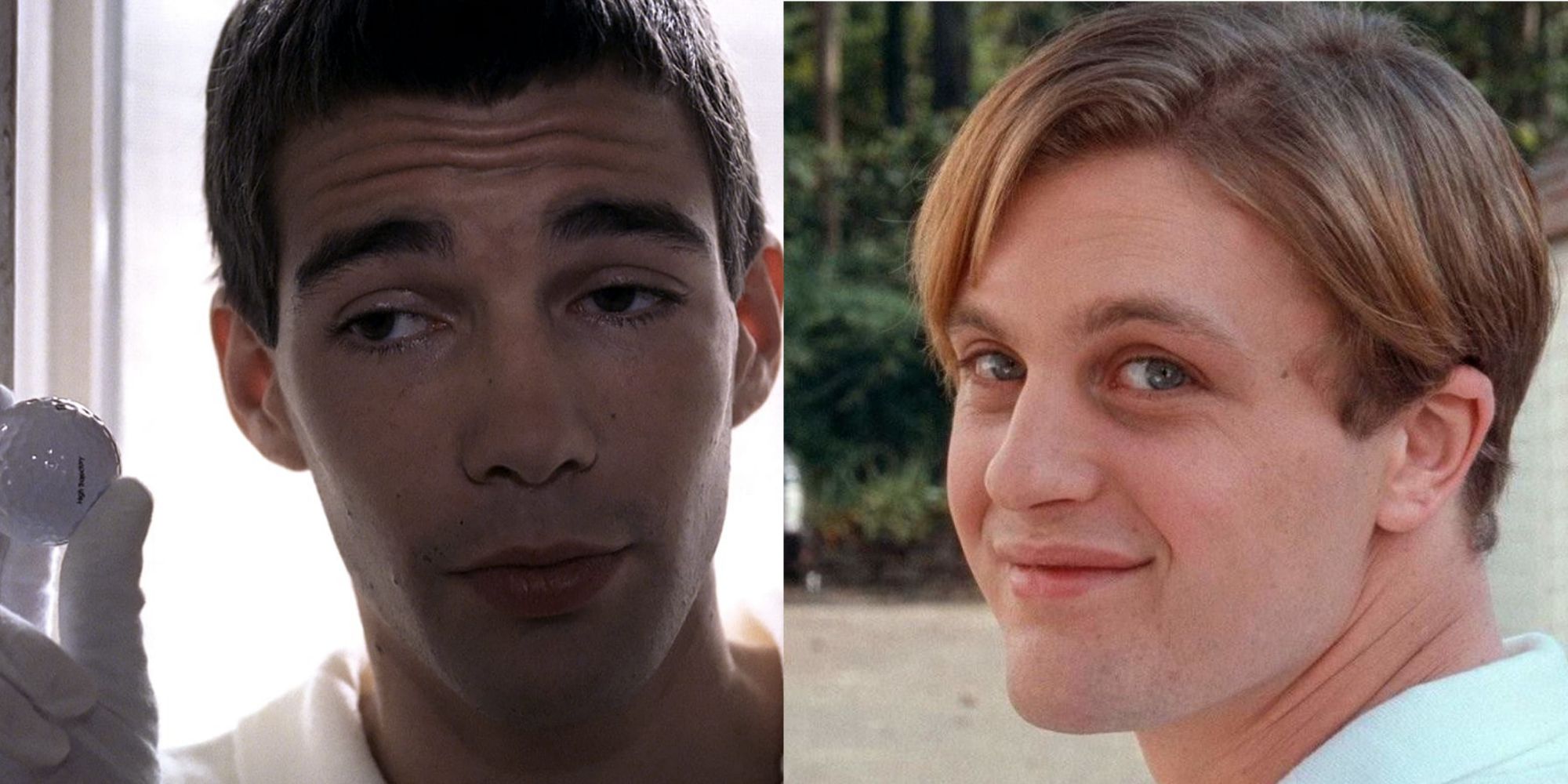
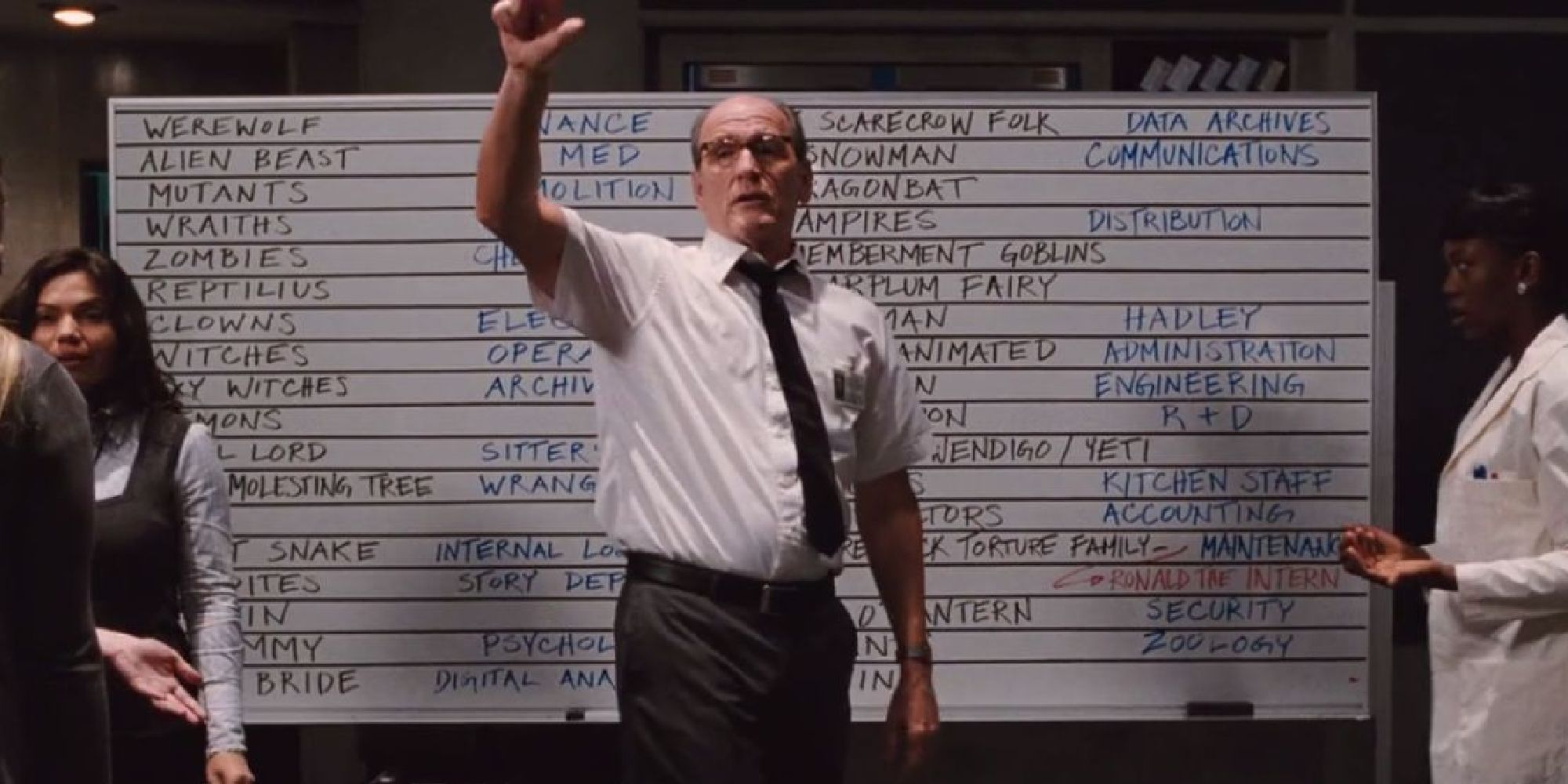
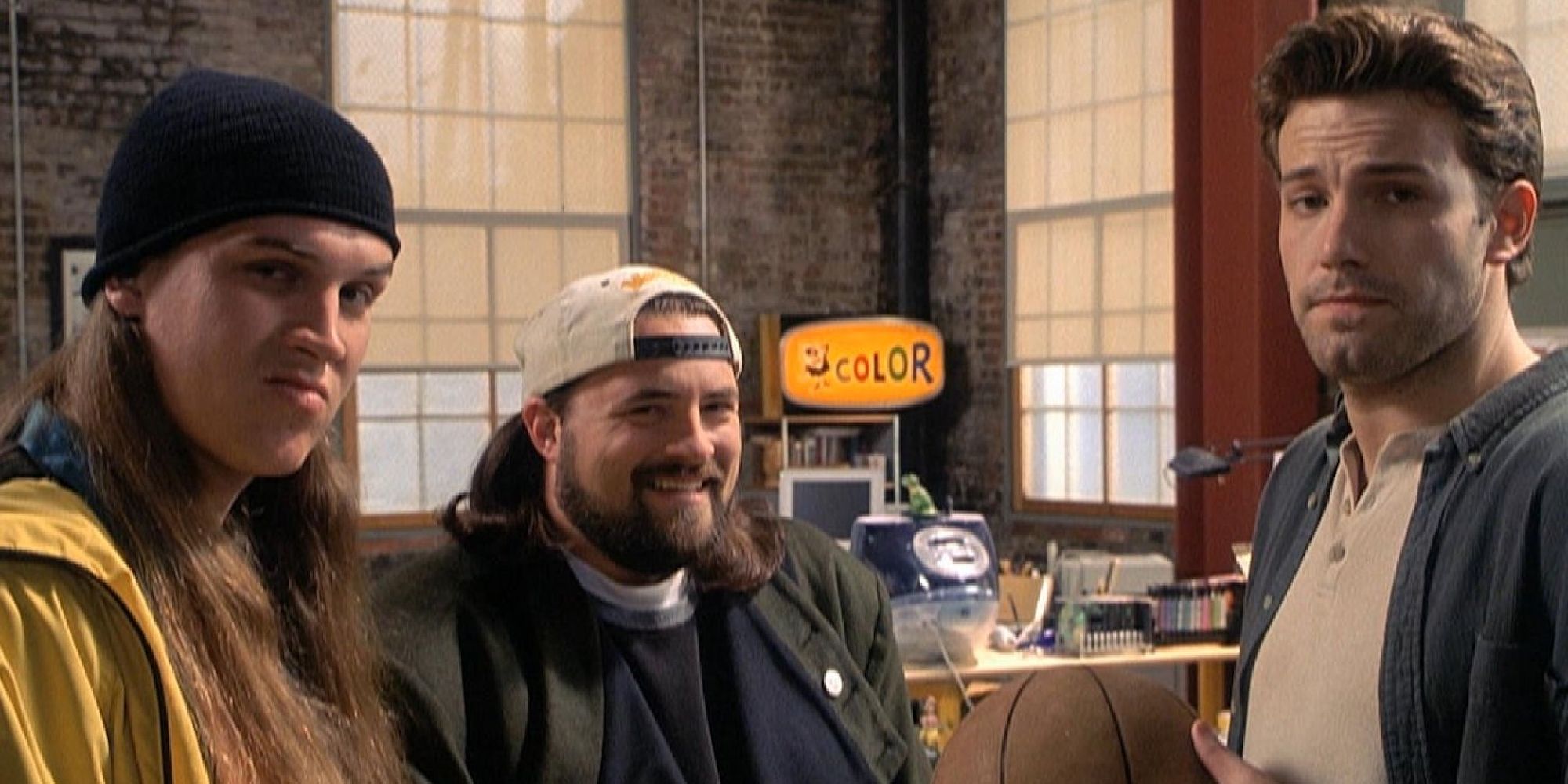
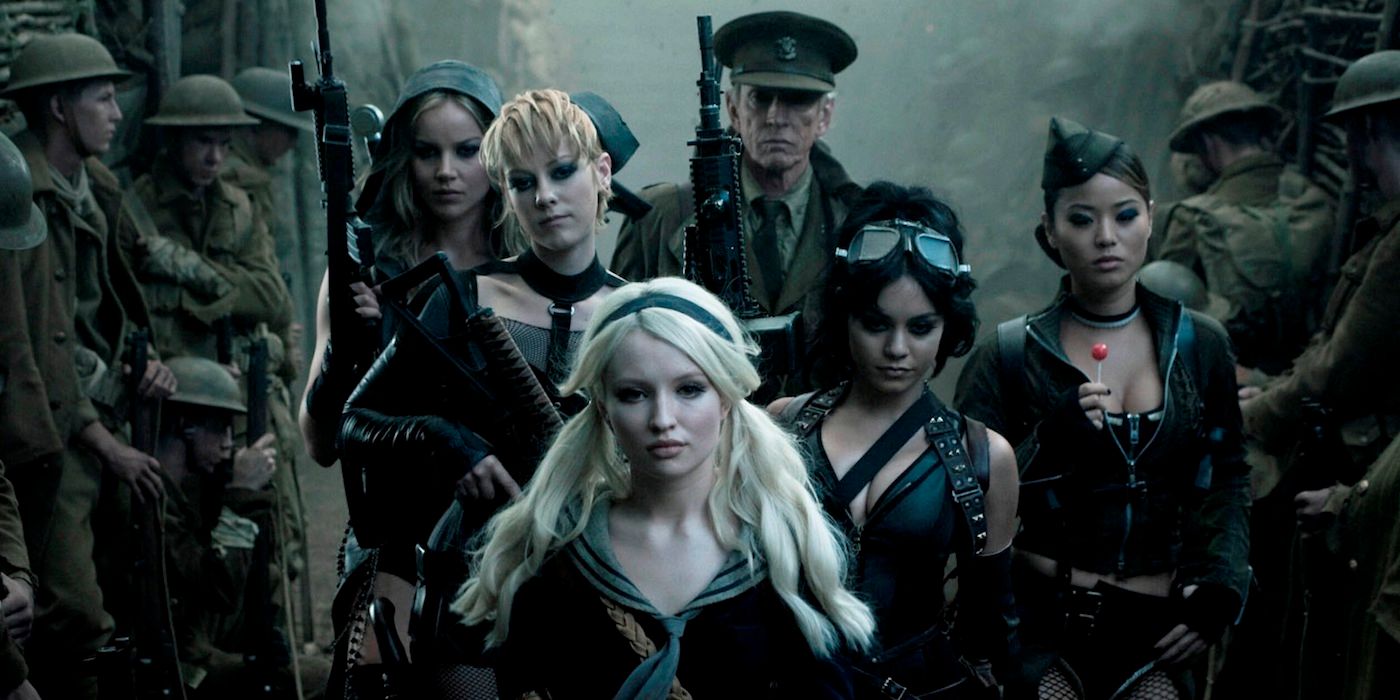
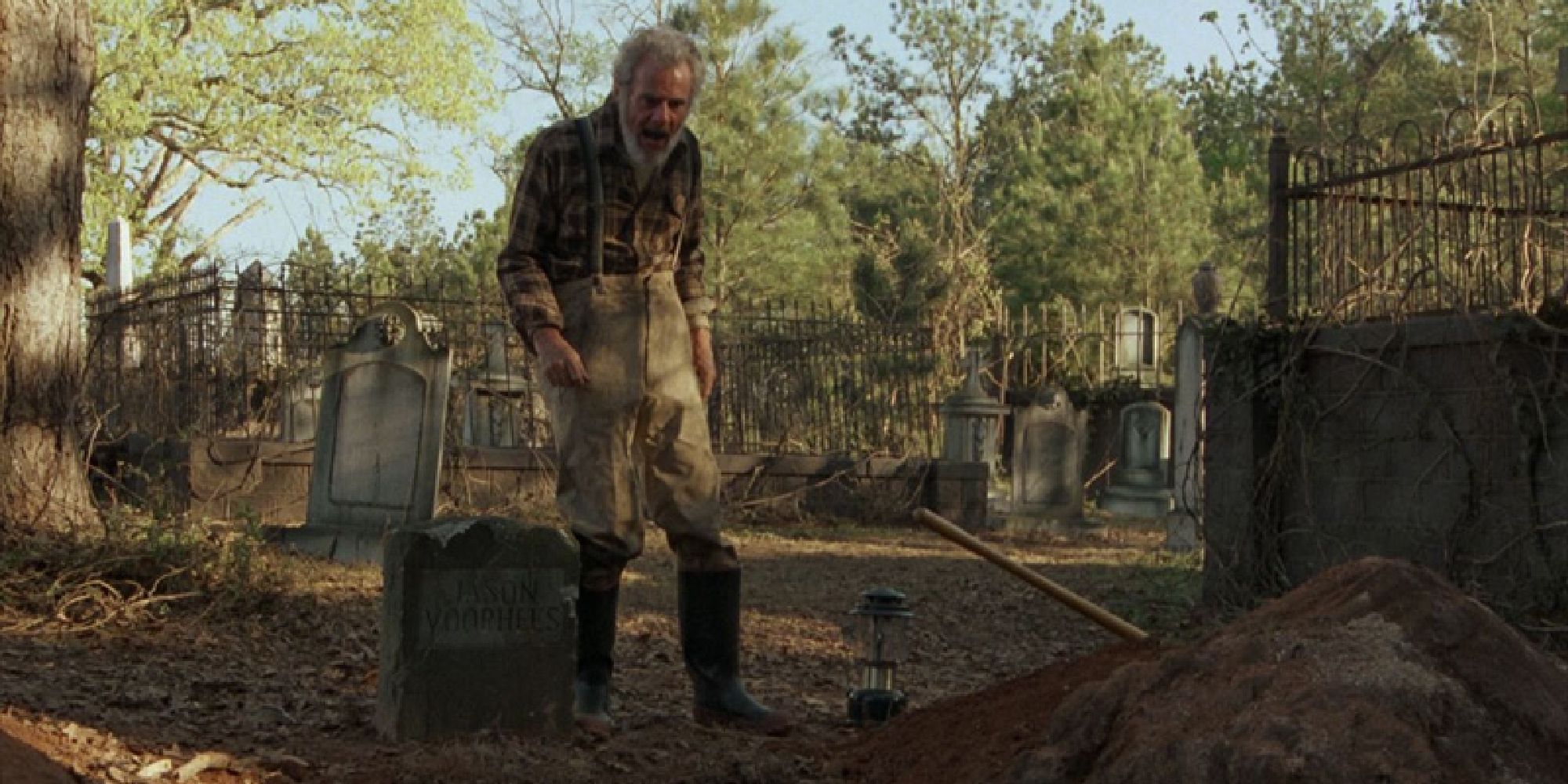
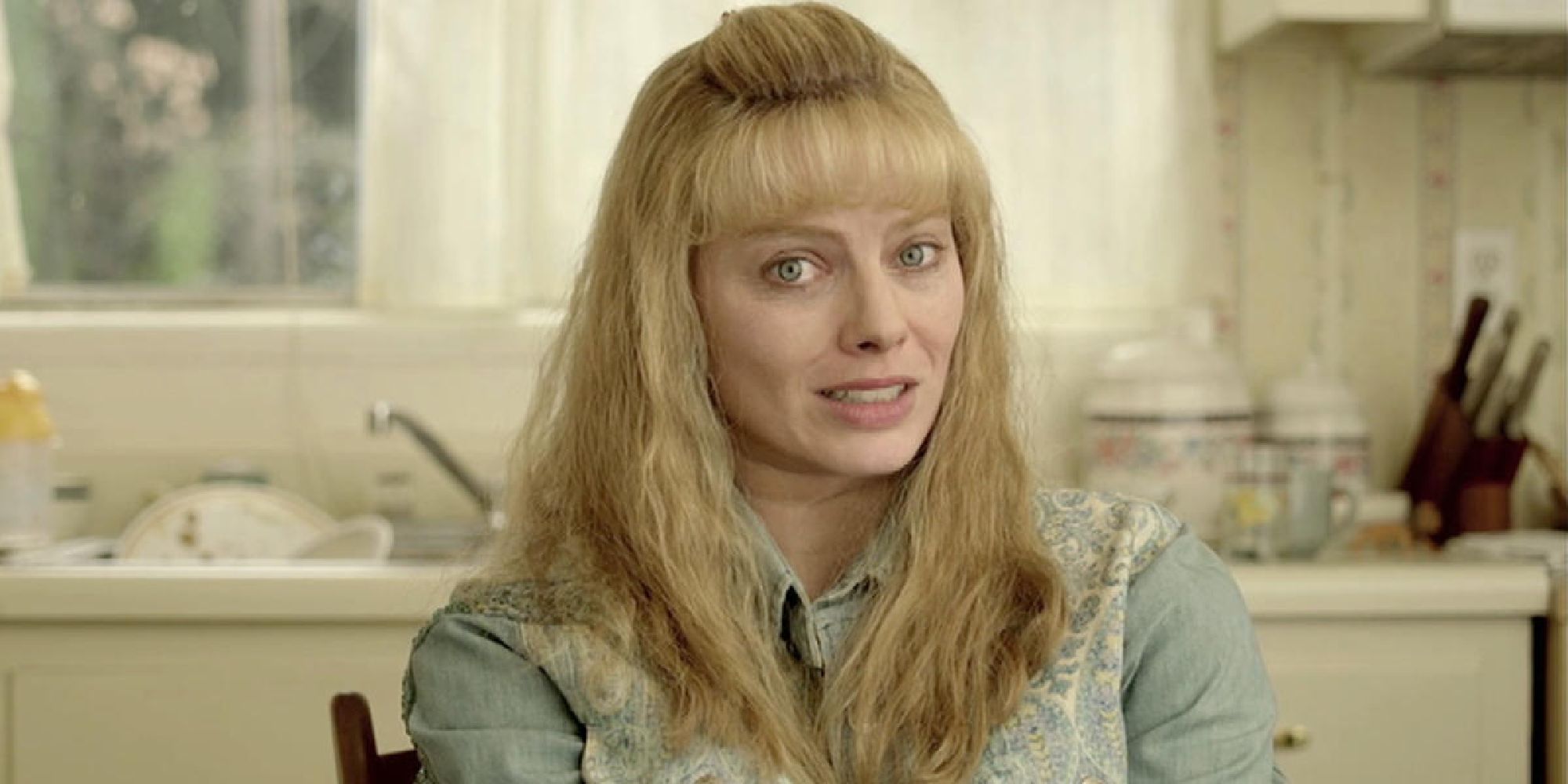
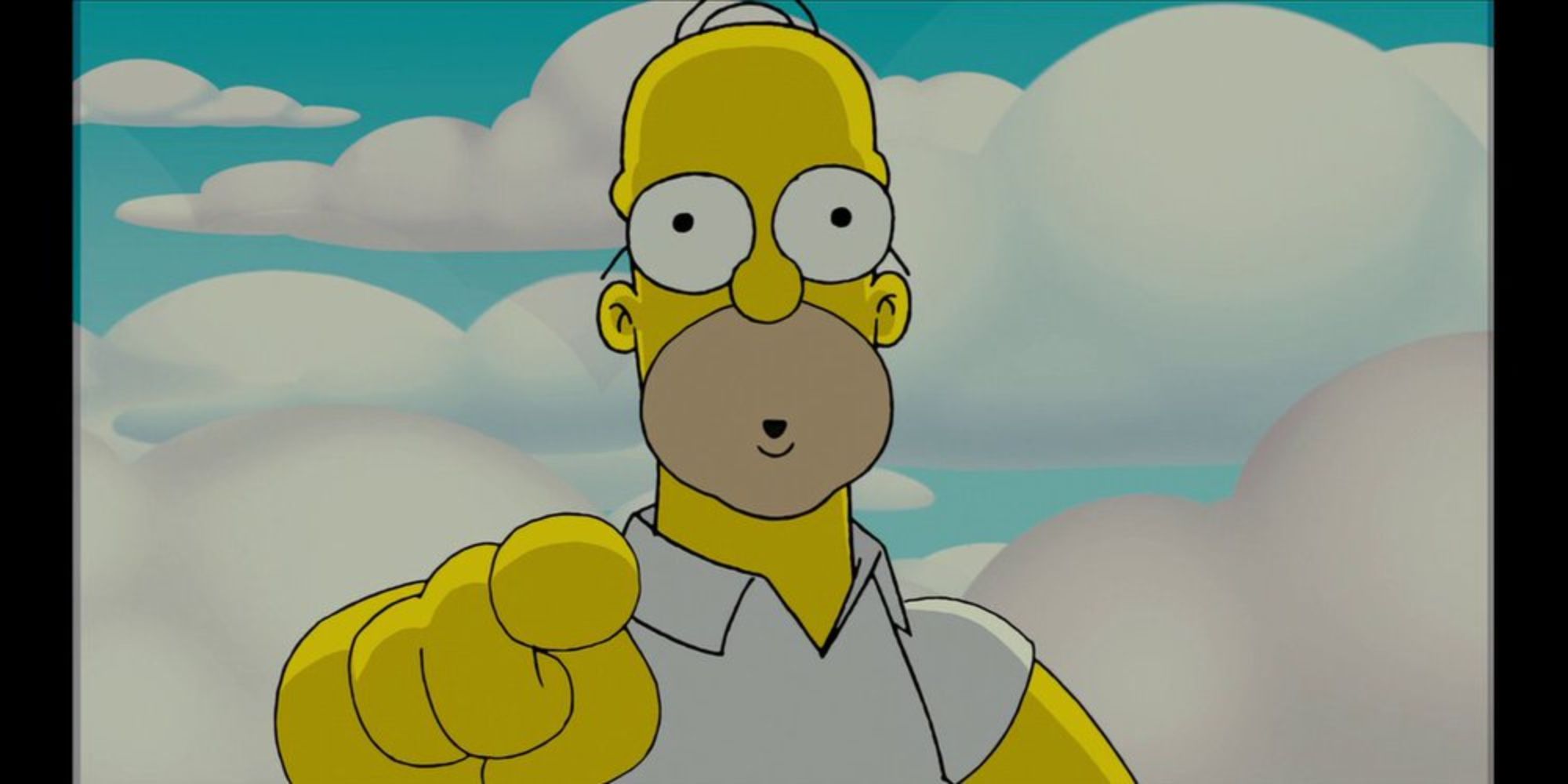
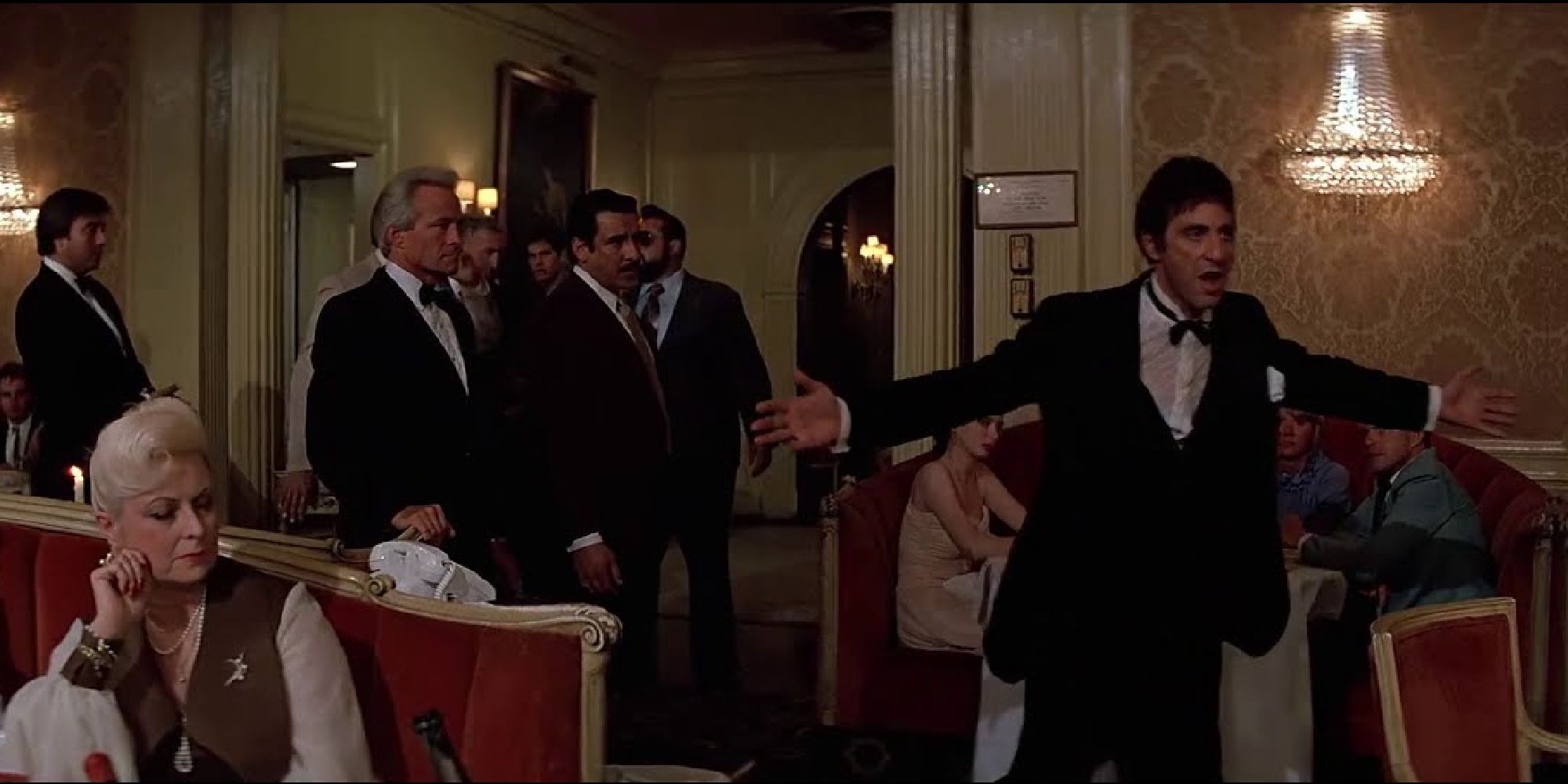
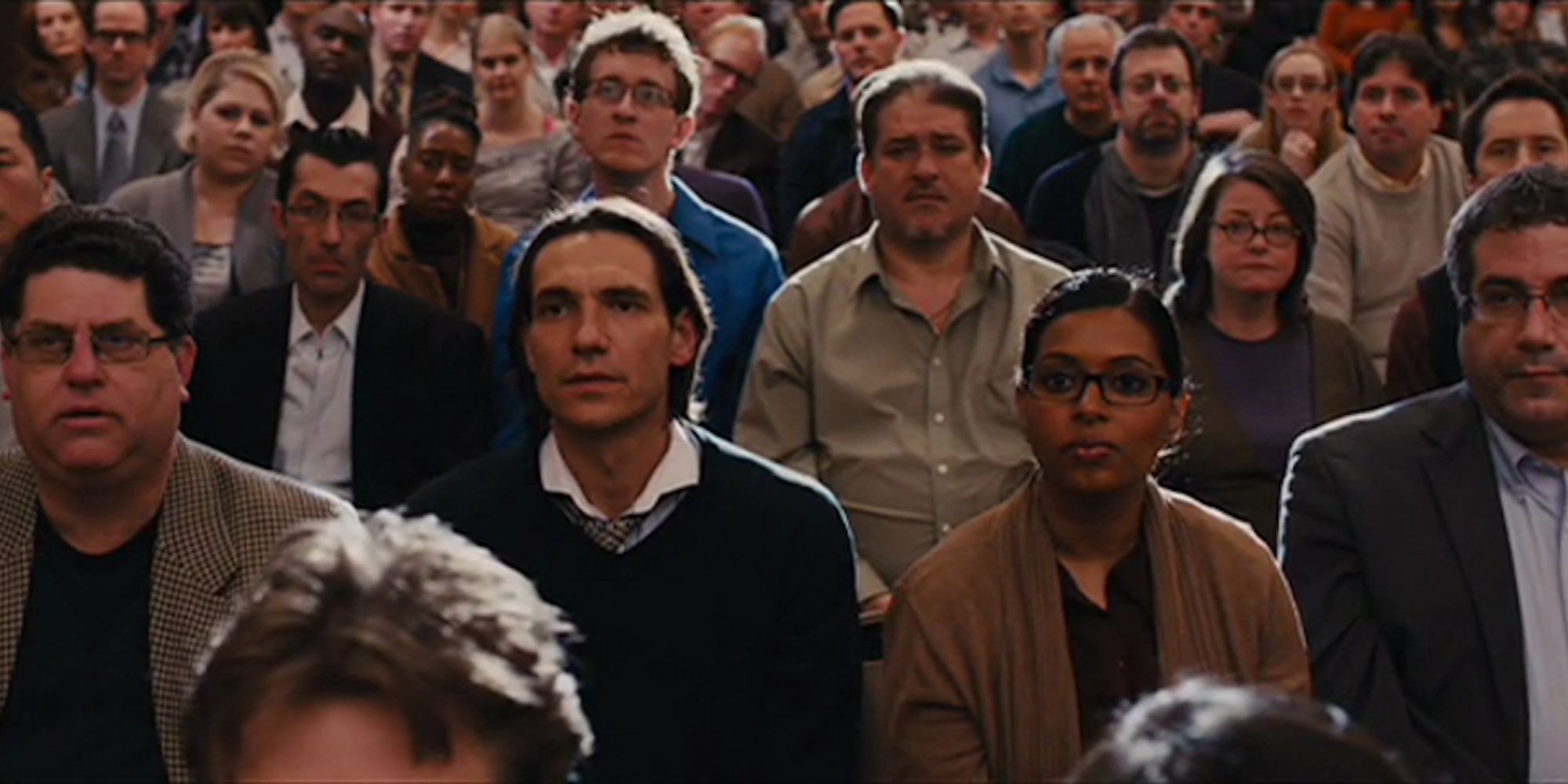
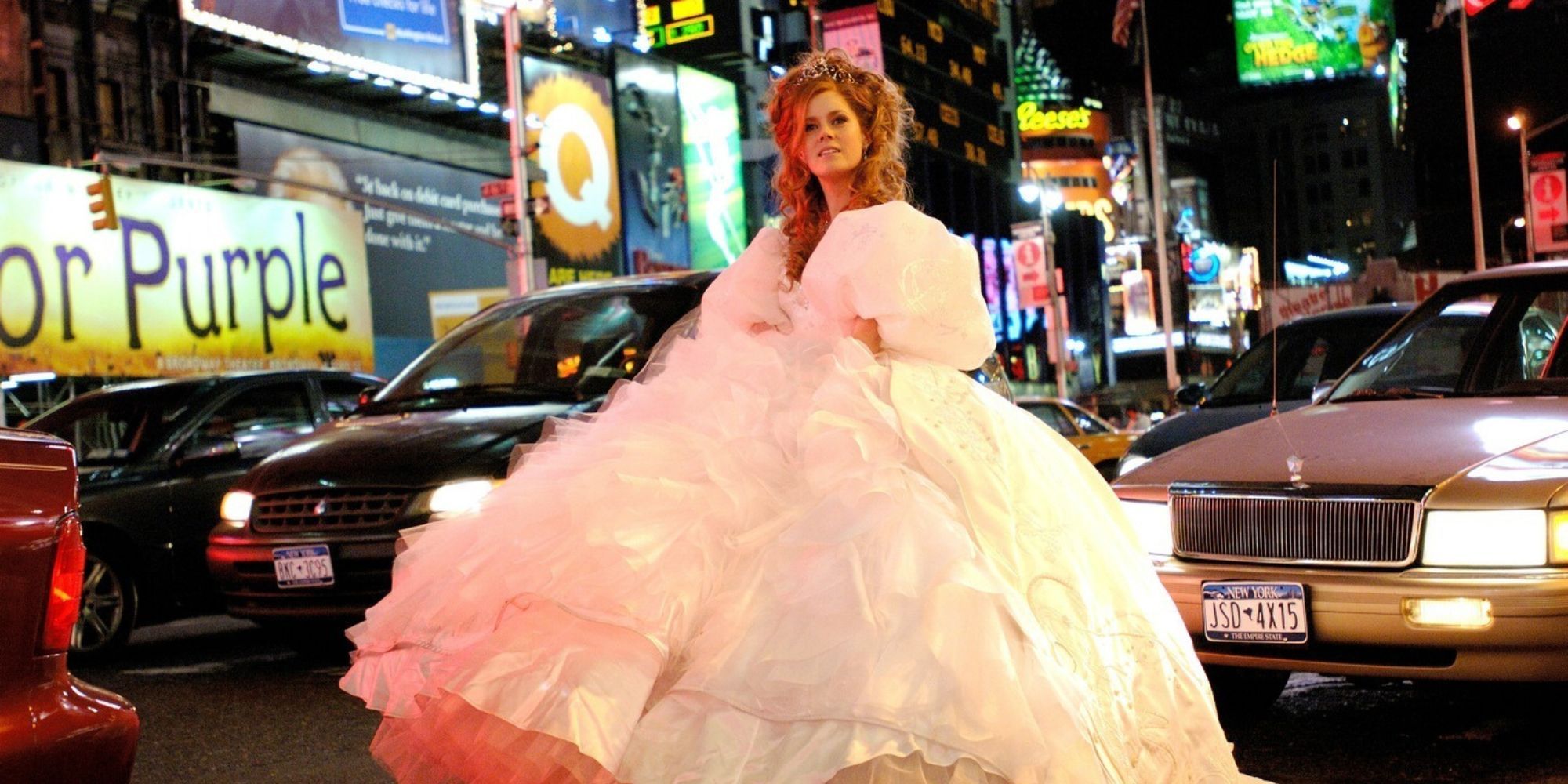
.jpg)
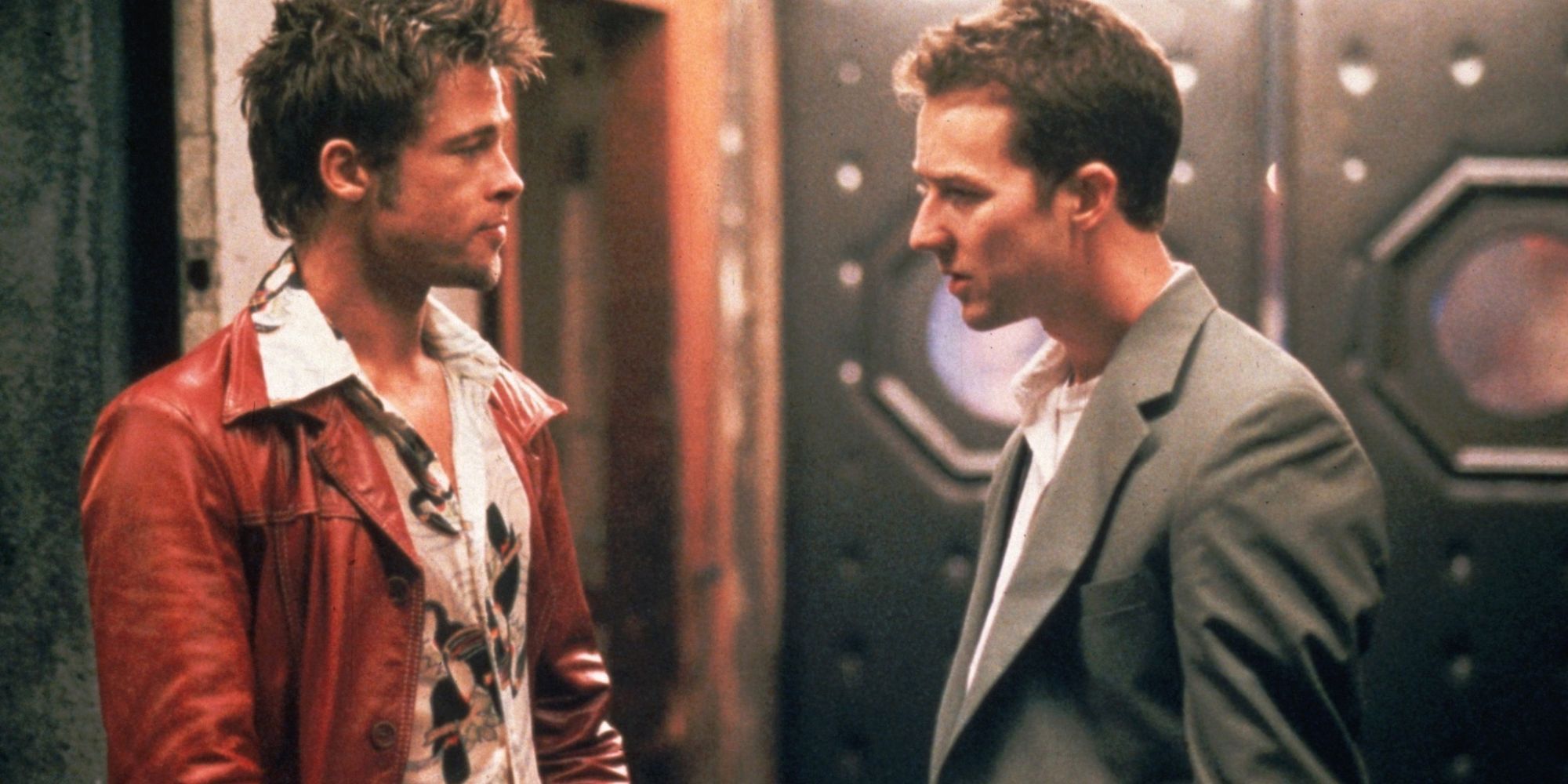
-5.jpg)
